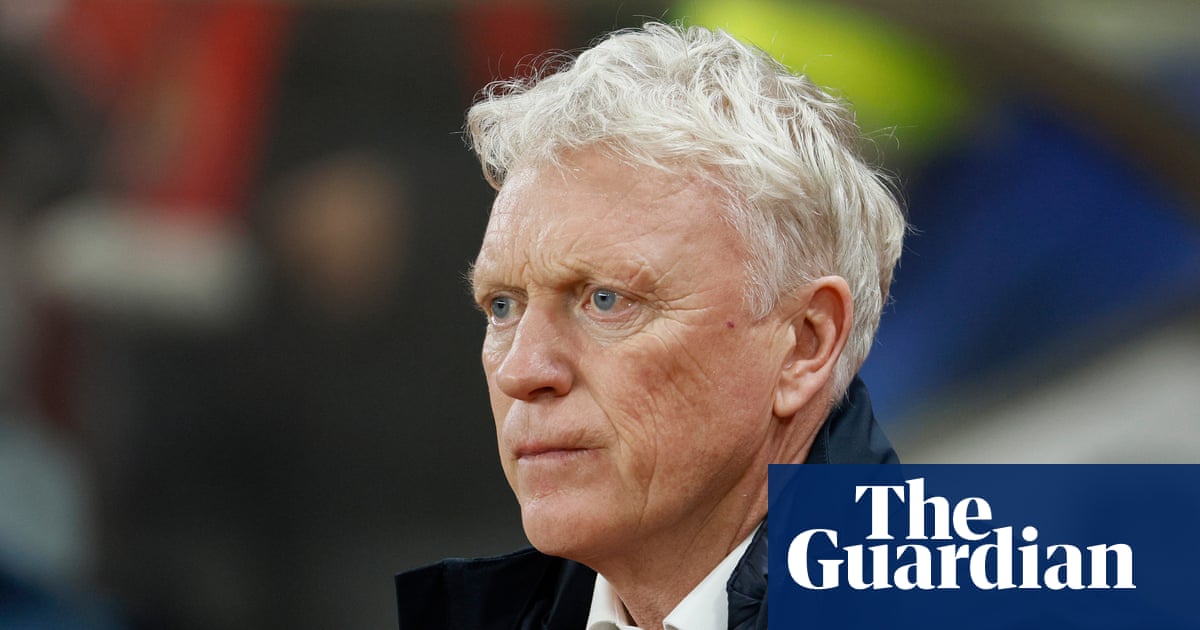
"I always thought when I took the job that it wouldn't be able to be fixed quickly, he said. I saw not long after I went in that it was going to take a bit of time. I think also you have to remember that it was not just to do with the strength of United. It was to do with the strength of other teams; Manchester City, Liverpool, Chelsea and Arsenal were all incredibly strong."
"The history of Manchester United was not that [one of change], he said. Manchester United had a great culture. They stuck with their managers, they brought through their own academy boys. They actually had some of the best characteristics of what you would want your club to have; good values. Sir Alex had great values at Manchester United and, over the years, those values he established needed some time to come through as well."
"Moyes believes the managerial churn is symptomatic of a change in culture at Old Trafford. The history of Manchester United was not that [one of change], he said. Manchester United had a great culture. They stuck with their managers, they brought through their own academy boys. They actually had some of the best characteristics of what you would want your club to have; good values."
David Moyes believed Manchester United required a long-term rebuild after succeeding Sir Alex Ferguson in 2013. The subsequent upheaval at Old Trafford represented a departure from the club's traditional values. United inherited a title-winning squad but failed to return to the top quickly due to internal weaknesses and improving rivals such as Manchester City, Liverpool, Chelsea and Arsenal. Managerial churn followed, with multiple permanent managers since Ferguson's retirement. The managerial turnover reflected a cultural change away from loyalty, academy development and stability. The club historically emphasized bringing academy players through and maintaining values established under Sir Alex Ferguson.
Read at www.theguardian.com
Unable to calculate read time
Collection
[
|
...
]